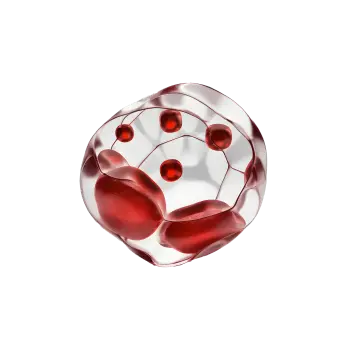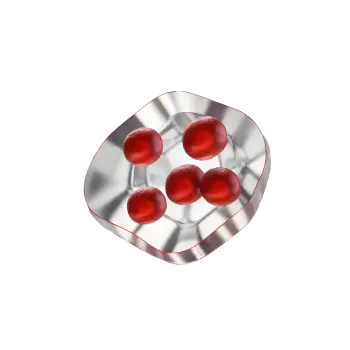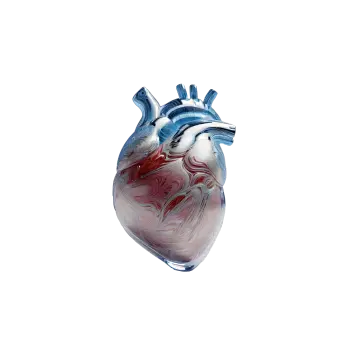What is erythrocyte mean cell volume, MCV?
Red blood cells are important for transporting oxygen from the lungs to the body's tissues. They are produced in the bone marrow and have a lifespan of about 120 days. The size of red blood cells is an important factor in their ability to function properly. If the MCV is low, it may indicate that the red blood cells are smaller than normal (microcytic anemia). This can be caused by a variety of factors, including iron deficiency, thalassemia, or anemia of chronic disease. If the MCV is high, it may indicate that the red blood cells are larger than normal (macrocytic anemia). This can be caused by a lack of vitamin B12 or folate, or by certain medications or liver disease.
MCV is usually measured as part ofcomplete blood count, which is a common blood test used to evaluate a person's overall health. It is often used in combination with other tests to help diagnose and treat various conditions that can affect the size and function of red blood cells.
Why calculate MCV?
By calculating the mean cell volume (MCV) of erythrocytes, one can diagnose anemia, which is a condition where there are not enough red blood cells or hemoglobin in the body. MCV is often used to diagnose anemia, as it can be low in some types of anemia (eg, iron deficiency anemia) and high in others (eg, vitamin B12 deficiency anemia).
MCV can also identify underlying causes of anemia or other conditions that affect the size of red blood cells. MCV is often included in blood tests for blood status, which is a common blood test used to evaluate a person's general health. Abnormal MCV results may indicate the presence of a medical condition that needs further evaluation.
What can a high value of erythrocyte mean cell volume, MCV mean?
A high value can occur with anemia caused by B12 and/or folic acid/folate deficiency. High values can also occur with heavy alcohol consumption and liver disease.
What can a low value of erythrocyte mean cell volume, MCV?
A low value can be seen in iron deficiency anemia and thalassemia (hereditary disease).













































